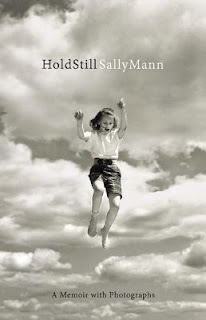What is to be done? Is there anything more exasperating than the cycle of analysis regarding our political situation?
How did we get here? Whose fault is it? The implicit argument too often seems to be that there is no dilemma, no reason to trade off one thing for another and not have it both ways,
as long as you listen to me. I'm neither a prophet nor a political scientist — and
no one listens to me (nor would I expect them to) — but at a fundamental level all of this profound wisdom seems to me to miss the point.
The manipulation, the lies, the social and economic and cultural anxieties, to which we all have been subjected are amply documented, and all of it takes its toll, warps our understanding and our better natures, makes us putty in the hands of demagogues.
Tout comprendre, c'est tout pardonner, wrote Tolstoi, and that is true for the novelist but not satisfactory to the moral philosopher. If we're nothing more than the sum of our influences — and perhaps we're not, we can't prove the contrary — then we're not moral agents at all.
The social sciences are concerned with the study of causes; literature (of the best kind, something I insist on the existence of, Literature-with-a-capital L) is about freedom. Not freedom as the absence of chains or bars (not all of us have that luxury), but freedom as the consciousness of the ability to be a moral agent, in whatever sphere, even in the most constrained of circumstances.
Stalin supposedly commanded writers to be "engineers of human souls," but no writer worthy of the name is capable of doing any such thing. (Milan Kundera, among others, has said all of this better in his writings on the novel.) Engineers of the soul are, in any case, a dime a dozen.
Nevertheless, writers can, and do, interrogate the world, and no sphere can be barred to them, politics least of all. Writers have (or don't have) responsibility because we all do (or don't).
The symbol of moral freedom is not, in my view, the broken chain but the absence of a net, the high-wire act with nothing to fall back on. A single false step will be relentlessly exposed. Anything else, all the deadly sins, can, in time, perhaps be forgiven, but not bad faith.
For the pious of various stripes there is rarely any dilemma; their convictions will always protect them from the pitfalls of freedom. But such security is itself highly contingent, for if the net that protects them is whisked away where are they then? (The argument that the net must necessarily exist because we need it is pure sleight-of-hand.) Some, it is true, manage to maintain something that amounts to faith without believing there is a net beneath them, and with them I have no quarrel. I'm not really interested in how people get to virtuous action, or what flags they wrap themselves in to justify its opposite. But at some point you need to be able to look in the mirror and recognize what you see.
In the end the overriding issue at the moment is comfortingly binary:
Fascism, yes or no?







